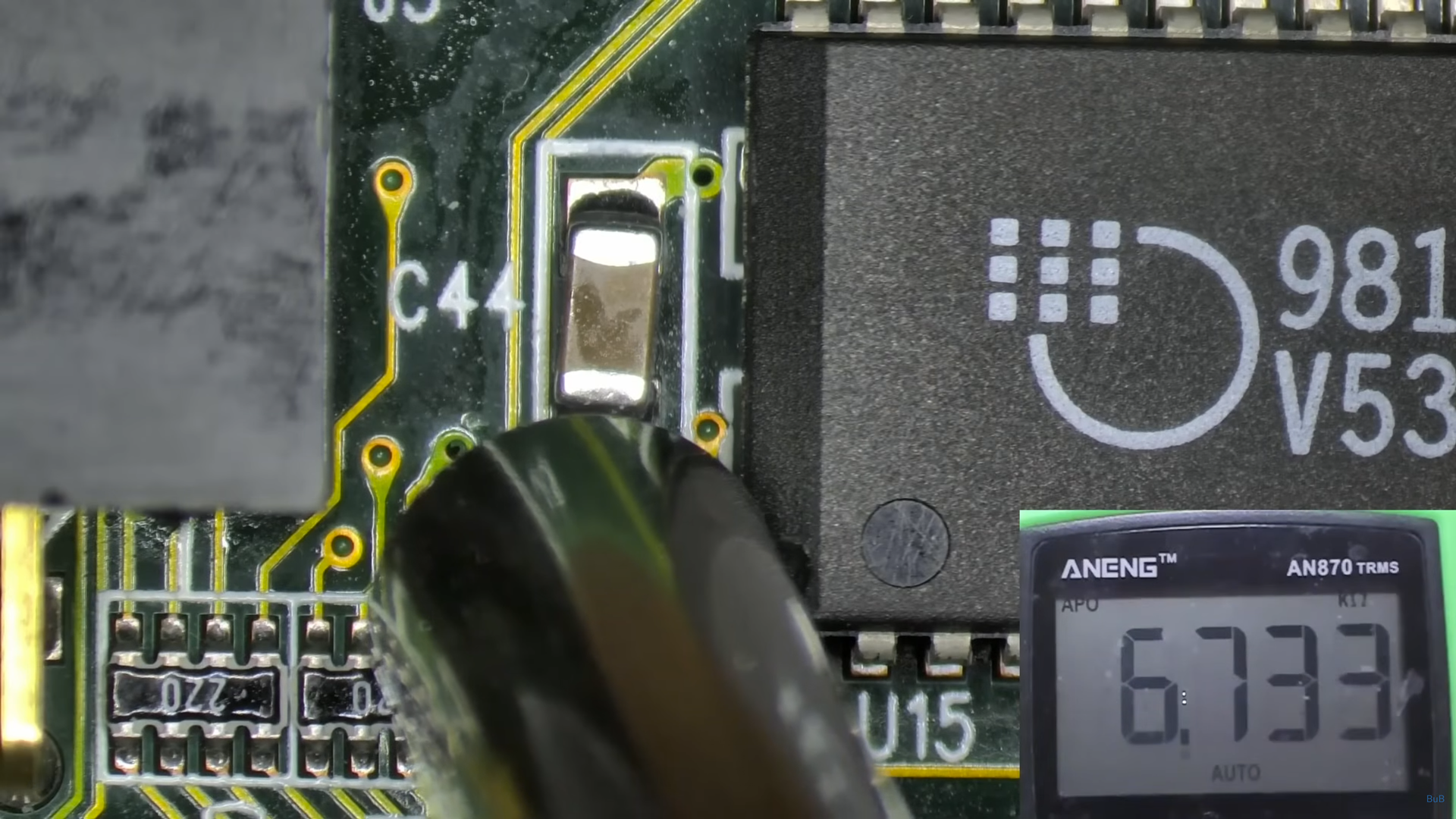Nooo, my SLI Voodoos (2×12MB)!!
Look at you with fancy see through water in Quake
Yeah!
(You mean software vs openGL api rendering?)Biggest difference was in Glide games, like Unreal.
Also SLI unlocked 1024×768 (instead of just 800×600) bcs each card rendered half of the screen.
Quake was the first time I remember hardware actually gave you an advantage vs. other players. Those with 3dfx cards could see into water vs those without, having a texture on top you couldn’t see into.
Unreal took all of that to a whole nother level.
Iirc any 3D card capable of running Q2 (ie you weren’t rendering it on your CPU) would display the transparent water (unlike Quake 1), so something like Riva 128 or Voodoo 1 at the time Quake 2 launched.
Later cards (Voodoo 2 and onwards) gave you the advantage of a significantly higher frame rate and resolution.
Aren’t bad caps a thing in pretty much everything? I’ve got a TV I had to replace caps on, too.
Yes and no. There was a period of time where they were particularly bad. If you go back to some earlier eras (like the 1970s and even earlier) you can find many capacitors that are still good.
It also depends on the materials. Electrolytic capacitors naturally dry out and then fail. Many kinds of ceramic capacitors should last an extremely long time if they’re kept within a reasonable temperature range.
Most likely thing to fail, yes



